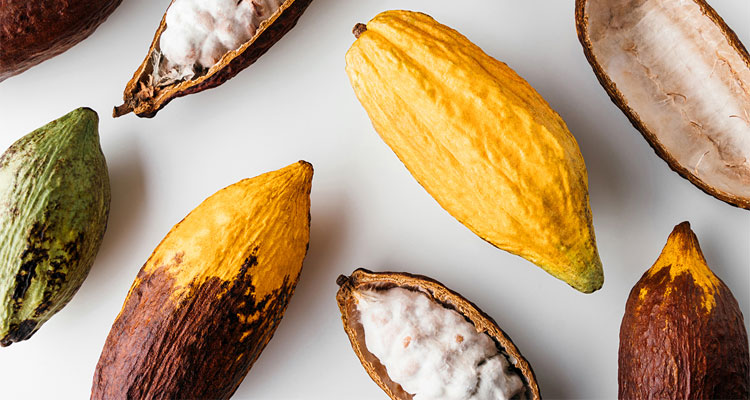Do you know the importance of fibre, and do you think you eat enough? Moreover, are you aware of what types of fibre you are even eating?
If not, you can discover the significance of fibre and in fact, how it can play a role in promoting a healthy digestive system. In this comprehensive blog post, we delve into the question: What is fibre?
Understanding Fibre
Fibre falls under the carbohydrate category of and differs from other carbs. While most carbs break down into sugar for energy, fibre largely remains undigested as it passes through the body.
Types of Fibre
There are two types of fibre crucial for your well-being:
- Soluble Fibre
- This type is derived from the inner part of plants;
- Dissolves in water;
- Soluble fibre makes you feel full, lowers glucose levels, and supports regular bowel movements;
- Some sources of soluble fibre include oats, nuts, beans, lentils, and blueberries.
- Insoluble Fibre:
- Unlike soluble fibre, insoluble fibre does not dissolve in water;
- In fact, it is often described as “roughage” and found in the outer skin of plant products;
- In essence, insoluble fibre provides bulk, consistency, and aids in smooth digestion without constipation.
- Excellent sources of insoluble fibre include whole wheat products, brown rice, also leafy greens, corn, celery, and seeds.
The Benefits of Fibre
Research indicates that dietary fibre may play a pivotal role in supporting gut health and influencing various aspects of your overall wellbeing. Furthermore, a high fibre diet can provide protection against heart disease, type-2 diabetes, and certain cancers. Additionally, fibre offers the following benefits:
- Body weight management;
- Regulated bowel movements and prevention of haemorrhoids;
- Balanced cholesterol levels in the bloodstream;
- Blood sugar regulation;
- Controlling and preventing high blood pressure;
- Regulation of appetite, keeping you fuller for longer; and
- Encourages more chewing, aids digestion, and slows down eating.
Recommended Fibre Intake
Fibre is an essential nutrient for the gut’s normal functioning; however, many of us simply don’t eat enough. According to the Scientific Advisory Committee on Nutrition (SACN) along with the British Dietetic Association, generally, a minimum daily fibre intake of 30g is recommended. Nevertheless, studies show that adults typically consume around 18g per day.
Age Group Recommended Fibre Intake (grams per day)
Children (2-5 years) 15g
Children (5-11 years) 20g
Children (11-16 years) 25g
Adolescents (16-18 years) 30g
Adults 30g
Increasing Fibre in Your Diet
How can you enhance your fibre intake? Consider the tips below:
- Firstly, it’s important to replace heavily processed carbs with wholegrain alternatives. For example, unlike refined white carbs that contain higher levels of fat and sugar, wholegrains are more filling, leading to smaller portion sizes and preventing bloating or sluggishness;
- Secondly, consider substituting unhealthy snacks with a handful of raw, unsalted nuts;
- Thirdly, you can opt for sweet potatoes, lentils, and fibrous vegetables instead of white potatoes;
- In addition, you should explore delicious and simple recipes, which can result in boosting your fibre intake.
For some delectable inspiration, you can explore the recipe section on the Vavista website.
P.S. Did you know we offer car insurance? Get a quote today!



